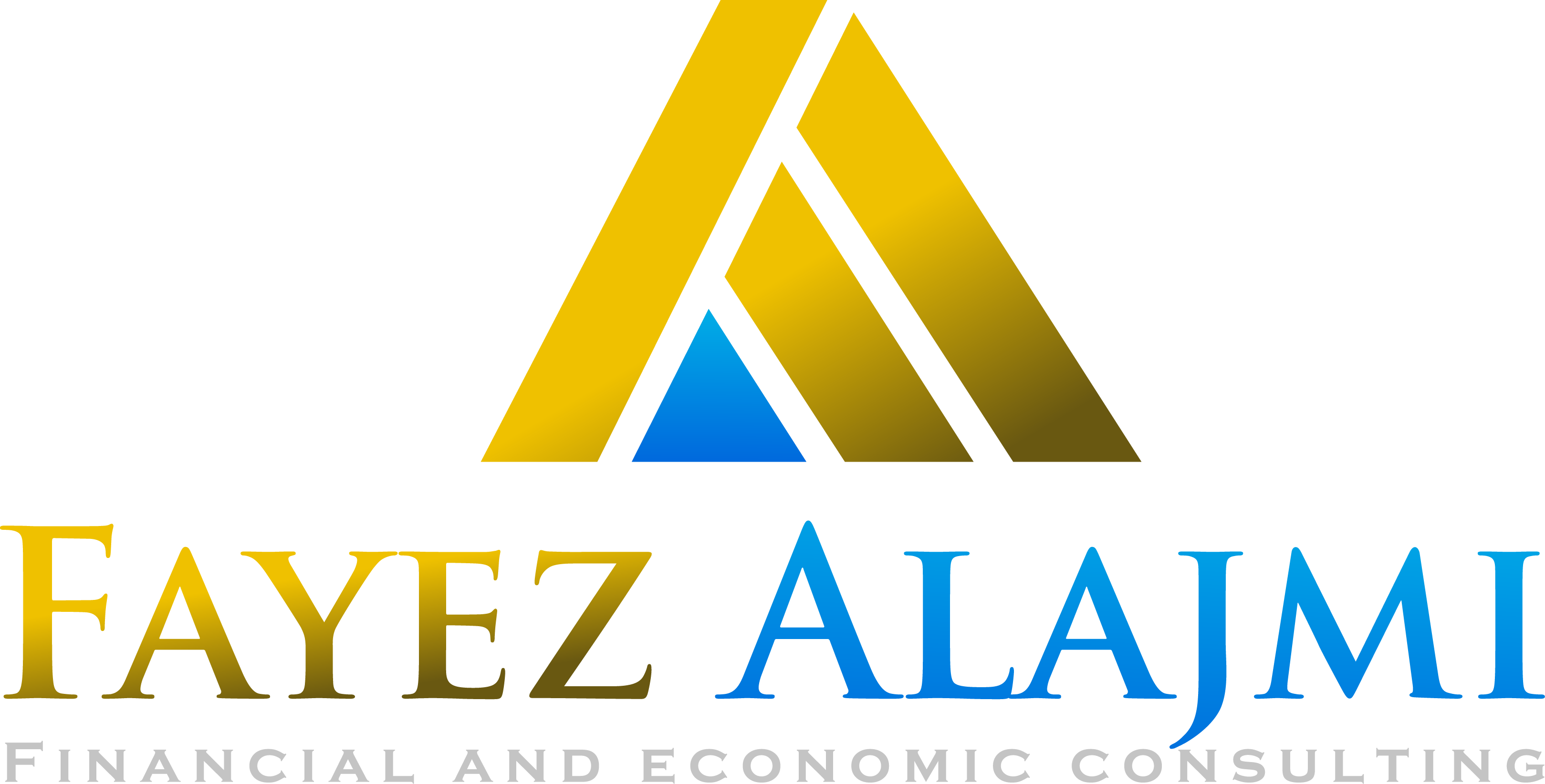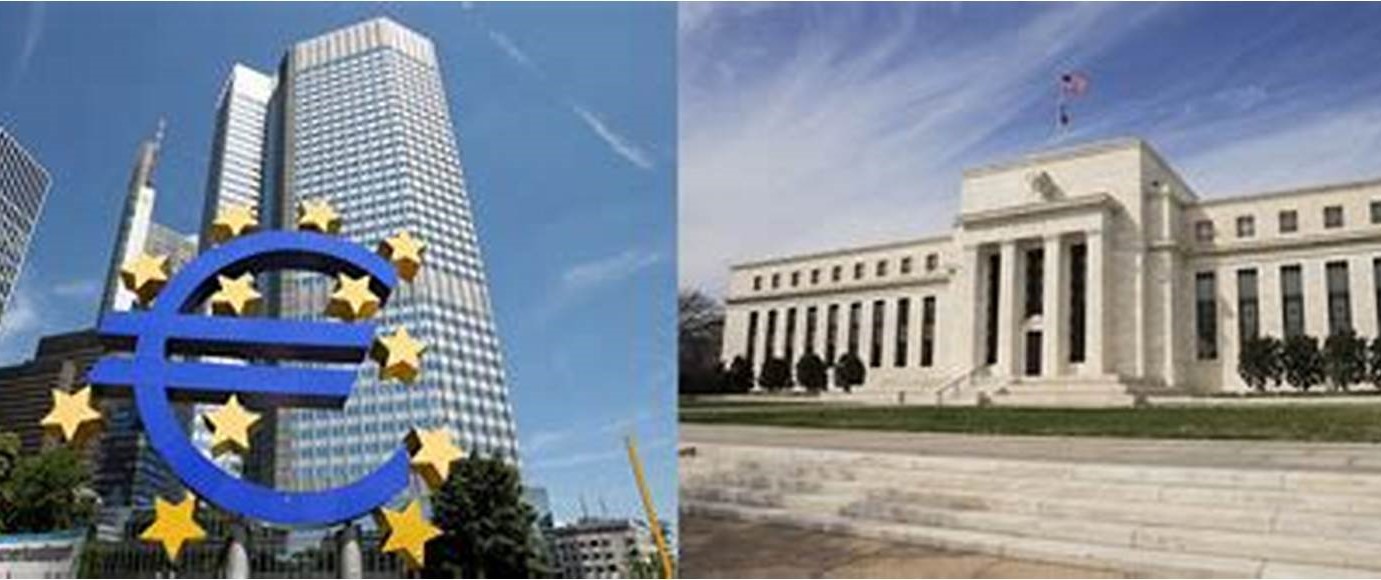
 4 May، 2023
4 May، 2023
 ابحاث السوق
ابحاث السوق
 Views
: 447
Views
: 447

The US Federal Reserve decided in its meeting on Wednesday to raise interest rates by 25 basis points, as expected, to reach 5.25%, the highest level since 2007.
The bank’s interest statement stated that inflation is still high, jobs have been strong in recent months, unemployment rates have remained low, and the Fed is seeking to achieve maximum employment and targets inflation rates at 2% in the long run.
And the bank deleted from the interest statement the phrase that the committee expects that more tightening monetary policy is required, and replaced it with the fact that the committee will closely monitor the information received and evaluate the implications of monetary policy, to open the door for the bank to stop raising interest rates and tightening monetary policy.
And in the press conference of Jerome Powell, Chairman of the Federal Reserve, he left the market’s expectations of the future of monetary policy dependent on the upcoming economic data, and indicated that the expectations of the Bank’s members do not support any interest rate cuts soon.
European Central Bank
After the meeting of the US Federal Reserve, the markets are looking forward to the meeting of the European Central Bank, where expectations indicate that the European Central Bank will raise interest rates by 25 basis points for the seventh time in a row, to reach 3.75%.
The bank had decided in mid-March to raise interest rates by 50 basis points, to reach 3.5%, and to delete the phrase that the bank will raise interest rates in the coming period further with the development of the banking crisis, so that market expectations of raising interest rates by 50 basis points at the May meeting will decline to about 25 points. Basis .
The latest inflation figures for the eurozone, issued at the beginning of the week, according to estimates by Eurostat or the European Union’s statistical office, showed an increase in annual inflation in the eurozone to 7% in the initial reading, compared to 6.9% in the March reading, matching expectations.
The main index, excluding food and energy prices, rose 5.6% in April, compared to 5.7% in March, matching expectations. The markets see that there will be two additional increases in interest rates for the European Central Bank after today, and therefore Christine Lagarde’s statements today will be the main driver of the euro, especially since inflation has stopped slowing down in April.
The possibility that the European Central Bank will surprise the markets and raise interest rates by 50 basis points is also not completely excluded. Therefore, if it happens, it will be a surprise in the markets, and the euro will react positively and put pressure on the movements of the US dollar.